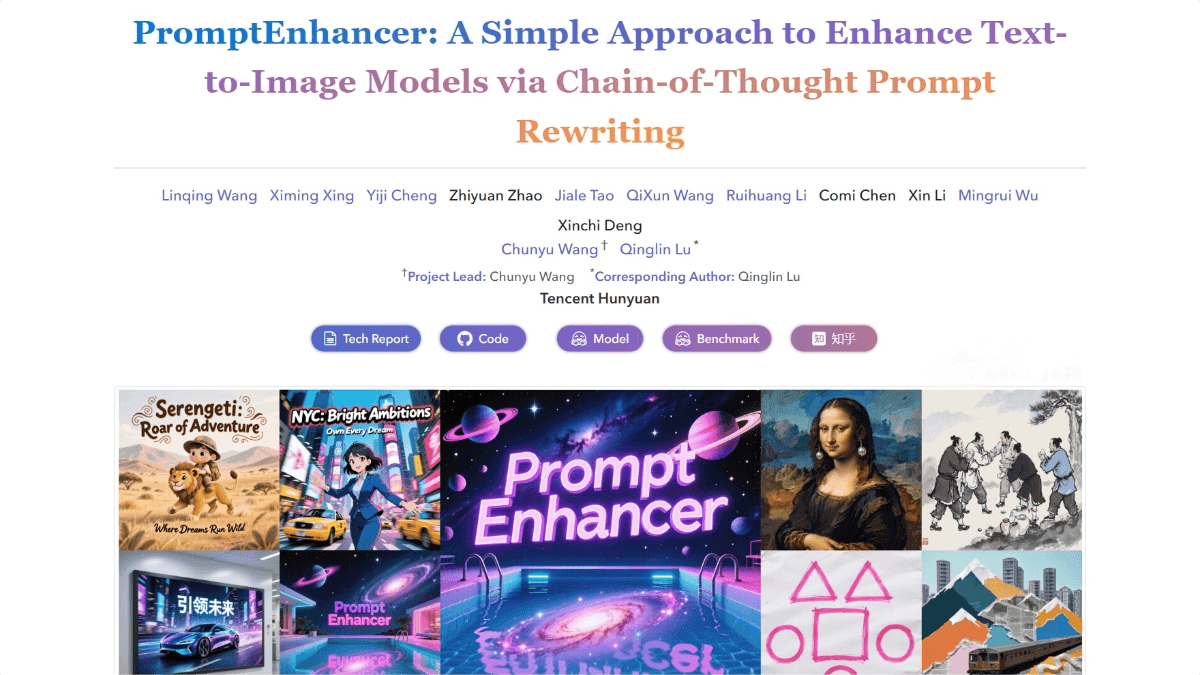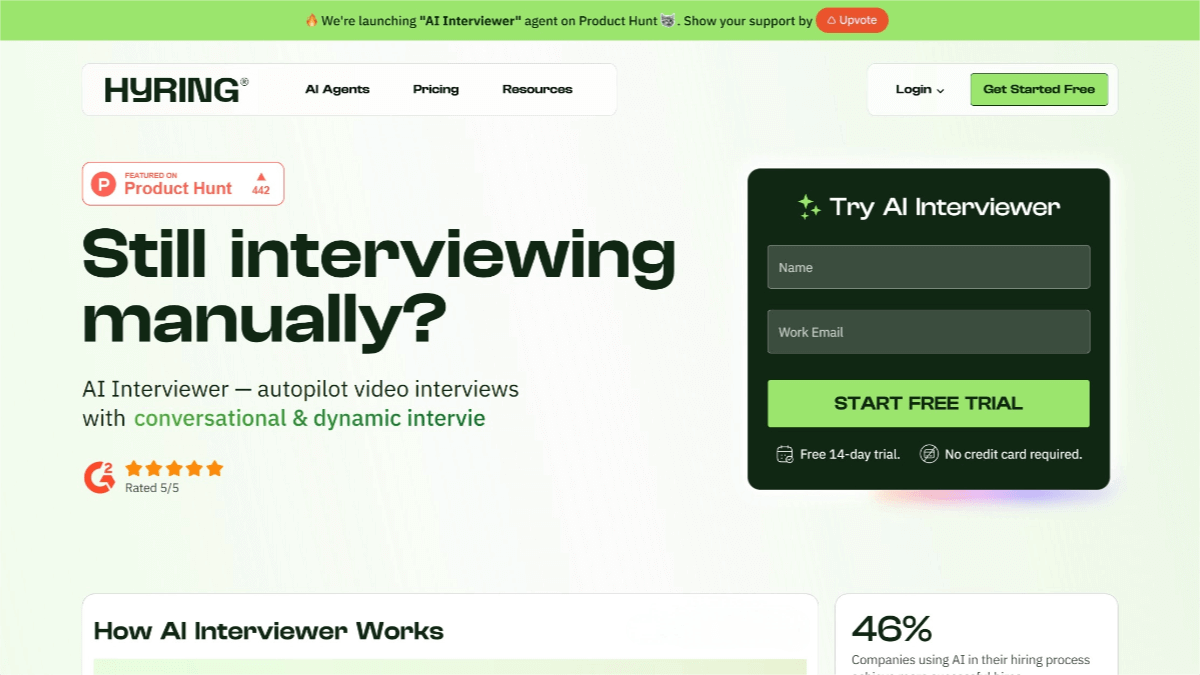Qlib – Microsoft’s Open Source Financial AI Quantitative Investment Tool
What is Qlib?
Qlib is an AI-powered quantitative investment tool for the financial industry launched by Microsoft Research Asia. It assists quantitative researchers in exploring the potential of AI technologies in the investment field. Qlib provides a high-performance data processing infrastructure, supporting the entire workflow from data acquisition, model training, to portfolio management. It offers a rich set of data analysis tools, machine learning models, and backtesting systems, enabling financial engineers and analysts to build and validate quantitative investment strategies. Qlib also supports dynamic model updates and high-frequency trading strategies, providing robust support for modern quantitative research.

The main functions of Qlib
- Data Management: Efficiently store and retrieve financial data, supporting automatic updates and multiple data formats.
- Model Training and Prediction: Support for custom model integration and a variety of predefined models, with model management capabilities.
- Portfolio Management and Backtesting: Generate investment portfolios, support multiple backtesting strategies, and provide detailed result analysis.
- High-Frequency Trading Support: Offer a high-performance order execution module and trading simulator.
- Experiment Management: Support for experiment recording, management, and result analysis.
- Machine Learning Guidance: Provide typical datasets, task setups, and hyperparameter optimization tools.
The Technical Principles of Qlib
- Modular Design: Qlib adopts a modular design, decomposing the quantitative investment process into multiple independent modules, such as data server, data augmentation, model creation, model management, portfolio generation, order executor, etc. Each module provides a default implementation, and users can expand and customize according to their needs.
- High-performance Data Infrastructure: Qlib utilizes a flat-file database. Data is stored in a compact fixed-width binary format, supporting efficient data indexing and updating. Qlib provides an expression engine that enables users to quickly generate new features using simple expressions, reducing code writing and computation time. It also includes built-in memory and disk caching to minimize redundant computations and improve data processing efficiency.
- Machine Learning Support: Qlib offers typical datasets and task settings to help users quickly get started with machine learning research. It provides hyperparameter optimization tools and supports dynamic model updates and strategy optimization.
- Dynamic Model Updates: Qlib supports periodic updates of models and strategies to adapt to dynamic market changes. It also provides a dynamic modeling module to facilitate model retraining and optimization based on new data.
The project address of Qlib
- Project official website: https://qlib.readthedocs.io
- GitHub repository: https://github.com/microsoft/qlib
- arXiv technical paper: https://arxiv.org/pdf/2009.11189
Application scenarios of Qlib
- Quantitative Investment Research: Quickly construct and test quantitative investment strategies, and explore new trading signals.
- High-Frequency Trading Strategy Development: Develop and optimize high-frequency trading strategies to improve trading efficiency.
- Machine Learning Model Training: Train machine learning models using datasets and tools to uncover patterns in financial data.
- Portfolio Management: Evaluate and optimize investment portfolios to achieve a balance between risk and return.
- Experimentation and Strategy Analysis: Document experimental processes, analyze strategy performance, and support investment decision-making.
© Copyright Notice
The copyright of the article belongs to the author. Please do not reprint without permission.
Related Posts

No comments yet...



